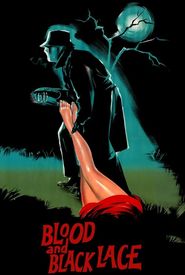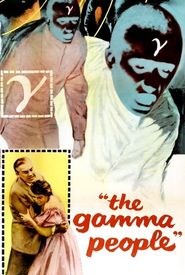Eva Bartok was a stunning actress with a rich background in classical theater. Her early life was marked by tragedy and confusion, including the disappearance of her Jewish father during the rise of Nazism and her forced marriage to a Nazi officer at the age of 15 to avoid being sent to a concentration camp.
After surviving the horrors of World War II, Eva found her calling in acting, but her career was soon threatened by the Communist regime. She was able to escape to England with the help of producer Alexander Paal, who married her and provided her with a screen debut in the 1951 film "A Tale of Five Women".
Despite her early struggles, Eva received valuable support from film mogul Alexander Korda, who placed her under contract to London Films. However, she spent months without finding steady work and was forced to attend numerous premieres and theater opening nights to bring attention to herself.
Eva's unique style and homemade costumes caught the eye of the media, and she became a local celebrity in England. Her talent and beauty eventually caught the attention of Italian promoters, and she was offered a contract to perform in a vaudeville show.
Her success in Italy led to a role in the 1952 film "The Crimson Pirate", which showcased her beauty and talent to a global audience. Despite her newfound fame, Eva's subsequent projects were not always of the highest quality, and she became more concerned with spirituality than with the quality of her work.
Eva's personal life was also marked by scandal, including a high-profile affair with David Michael Mountbatten, 3rd Marquess of Milford Haven, and her marriage to actor-director Curd Jürgens. She also turned to Subud, a spiritual movement that claimed to bring about healing and enlightenment.
Eva continued to work in film and television throughout the 1950s and 1960s, but eventually retired from acting in 1967. She spent the remainder of her life devoted to Subud, and died quietly in 1998 at the age of 74.




























